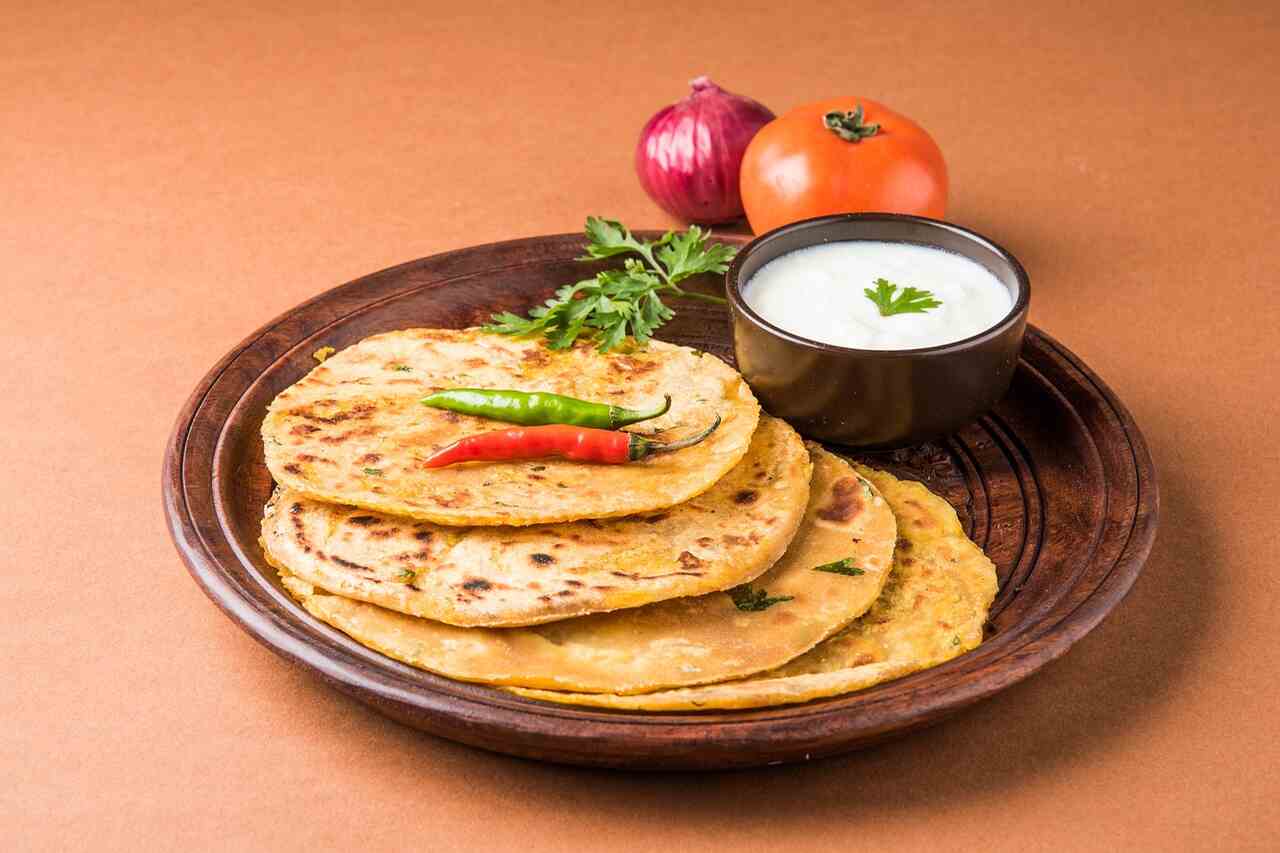Healthy Foods Protein is an essential macronutrient that plays a crucial role in muscle building, tissue repair, enzyme production, and overall body function. Whether you’re an athlete, bodybuilder, or just someone looking to improve your diet, adding more protein-rich foods can significantly enhance your health and wellness. In this blog post, we’ll explore the top 10 best healthy foods to increase protein intake while keeping your diet nutritious and balanced.
Top 10 best healthy foods
1. Eggs
Eggs are a highly nutritious and protein-packed food, providing all nine essential amino acids, making them a complete protein source.
- Protein Content: One large egg contains about 6 grams of protein.
- Health Benefits: Rich in vitamins A, D, E, and B12, choline for brain health, and lutein for eye health.
- How to Consume: Scrambled, boiled, poached, or added to salads and sandwiches.
2. Chicken Breast
A staple in many fitness and weight-loss diets for healthy foods, chicken breast is an excellent lean protein source.
- Protein Content: 31 grams per 100 grams.
- Health Benefits: Low in fat, high in essential amino acids, supports muscle growth and repair.
- How to Consume: Grilled, baked, stir-fried, or added to salads and wraps.
3. Greek Yogurt
Greek yogurt is packed with protein and probiotics, making it an excellent choice for gut health.
- Protein Content: About 10 grams per 100 grams.
- Health Benefits: Supports digestion, strengthens bones with calcium, and boosts the immune system.
- How to Consume: Mixed with fruits, honey, nuts, or used in smoothies and dips.
4. Lentils
Lentils are an excellent plant-based protein source, ideal for vegetarians and vegans.
- Protein Content: 9 grams per 100 grams.
- Health Benefits: High in fiber, helps regulate blood sugar, supports heart health, and is rich in iron.
- How to Consume: In soups, stews, curries, or salads.
5. Almonds
Almonds are a fantastic protein-packed snack loaded with essential nutrients.
- Protein Content: 21 grams per 100 grams.
- Health Benefits: Contains healthy fats, fiber, vitamin E, and antioxidants for heart and brain health.
- How to Consume: Raw, roasted, in nut butter, or added to oatmeal and smoothies.
6. Salmon
Salmon is a high-quality protein source rich in omega-3 fatty acids, which are beneficial for heart and brain health.
- Protein Content: 25 grams per 100 grams.
- Health Benefits: Improves brain function, reduces inflammation, and supports cardiovascular health.
- How to Consume: Grilled, baked, or pan-seared with herbs and spices.
7. Quinoa
Quinoa is a gluten-free grain that contains all nine essential amino acids, making it a complete protein.
- Protein Content: 8 grams per cup (cooked).
- Health Benefits: High in fiber, supports digestion, and is rich in iron and magnesium.
- How to Consume: In salads, soups, as a rice substitute, or breakfast bowls.
8. Cottage Cheese
Cottage cheese is a low-fat, high-protein dairy option perfect for weight management for healthy foods.
- Protein Content: 11 grams per 100 grams.
- Health Benefits: High in casein protein, promotes muscle recovery, and supports bone health.
- How to Consume: Mixed with fruits, nuts, or spread on whole-grain toast.
9. Tofu
Tofu is a versatile plant-based protein source made from soybeans, ideal for vegetarians and vegans.
- Protein Content: 8 grams per 100 grams.
- Health Benefits: Supports heart health, contains isoflavones that may help balance hormones, and is rich in calcium.
- How to Consume: Stir-fried, grilled, in soups, salads, or smoothies.
10. Lean Beef

Healthy foods Lean beef is a rich source of high-quality protein and essential nutrients like iron and zinc.
- Protein Content: 26 grams per 100 grams.
- Health Benefits: Supports muscle growth, prevents anemia, and boosts energy levels.
- How to Consume: Grilled, pan-seared, in stir-fries, or as a lean burger patty.
Healthy Food: Nourish Your Body and Mind
Here’s a unique Highest Protein Foods Chart, categorized by food type for easy reference:
Highest Protein Foods Chart
| Category | Food | Protein per 100g |
|---|---|---|
| Meat & Poultry | Chicken Breast | 31g |
| Turkey Breast | 29g | |
| Lean Beef (Sirloin) | 26g | |
| Pork Tenderloin | 25g | |
| Seafood | Tuna (canned) | 29g |
| Salmon | 25g | |
| Shrimp | 24g | |
| Cod | 20g | |
| Dairy & Eggs | Egg Whites | 11g |
| Greek Yogurt (plain) | 10g | |
| Cottage Cheese | 12g | |
| Parmesan Cheese | 35g | |
| Plant-Based | Tofu (Firm) | 15g |
| Tempeh | 19g | |
| Lentils (cooked) | 9g | |
| Chickpeas (cooked) | 8g | |
| Nuts & Seeds | Peanuts | 26g |
| Almonds | 21g | |
| Chia Seeds | 17g | |
| Pumpkin Seeds | 30g | |
| Grains | Quinoa (cooked) | 4g |
| Oats | 13g | |
| Whole Wheat Bread | 9g | |
| Brown Rice (cooked) | 3g |
Protein-Rich Breakfast Healthy Foods

Egg-Based Options
- Scrambled eggs (12g per 2 eggs)
- Omelet with cheese & veggies (15g per serving)
- Boiled eggs (6g per egg)
- Egg muffins with spinach & feta (8-10g per muffin)
Dairy & Yogurt Choices 🥛
- Greek yogurt with nuts & honey (15-20g per bowl)
- Cottage cheese with berries (12g per ½ cup)
- Protein smoothie (Greek yogurt + banana + peanut butter) (20g+)
- Skim milk or almond milk (8g per cup)
Vegan & Plant-Based Options 🌱
- Tofu scramble with veggies (15g per serving)
- Peanut butter on whole-grain toast (10g per serving)
- Chia pudding (5-7g per serving)
- Overnight oats with protein powder (15g+)
Grain-Based Choices 🍞
- Protein pancakes (oats, eggs, banana) (12-18g per serving)
- Quinoa breakfast bowl with nuts & fruit (8-12g)
- Whole wheat toast with avocado & hemp seeds (10g)
Would you like specific recipes or a meal plan? 😊
Conclusion
Healthy foods Incorporating protein-rich foods into your diet is essential for overall health, muscle building, and weight management. Whether you prefer animal-based sources like chicken, salmon, and eggs or plant-based options like lentils, quinoa, and tofu, there are plenty of delicious and nutritious choices. Focus on a balanced diet to meet your protein needs while ensuring optimal nutrient intake.
By making small dietary changes and including these top 10 best healthy foods, you can enhance your protein consumption while maintaining a wholesome, sustainable eating pattern.
Start healthy foods today and fuel your body the right way!
FAQs
Q1: How much protein do I need daily?
The recommended daily protein intake varies based on age, activity level, and health goals. On average:
- Sedentary individuals: 0.8 grams per kg of body weight.
- Athletes or active individuals: 1.2-2.0 grams per kg.
- Bodybuilders or those looking to gain muscle: 1.6-2.4 grams per kg.
Q2: Can I get enough protein from plant-based sources?
Yes! Plant-based sources like lentils, quinoa, tofu, and almonds provide sufficient protein. Combining different sources ensures you get all essential amino acids.
Q3: Are protein supplements necessary?
Whole foods are the best protein sources, but supplements like whey or plant-based protein powders can help if you have increased protein needs.
Q4: What is the best time to consume protein?
For muscle growth and recovery, consuming protein post-workout is ideal. However, spreading protein intake throughout the day is beneficial for overall health.
Q5: Can too much protein be harmful?
Excessive protein intake over long periods can strain the kidneys, lead to digestive issues, and cause nutrient imbalances. It’s important to balance protein intake with fiber, healthy fats, and carbohydrates.



